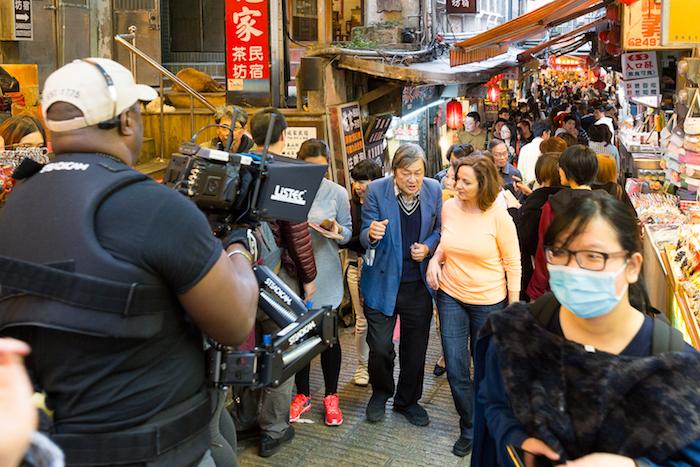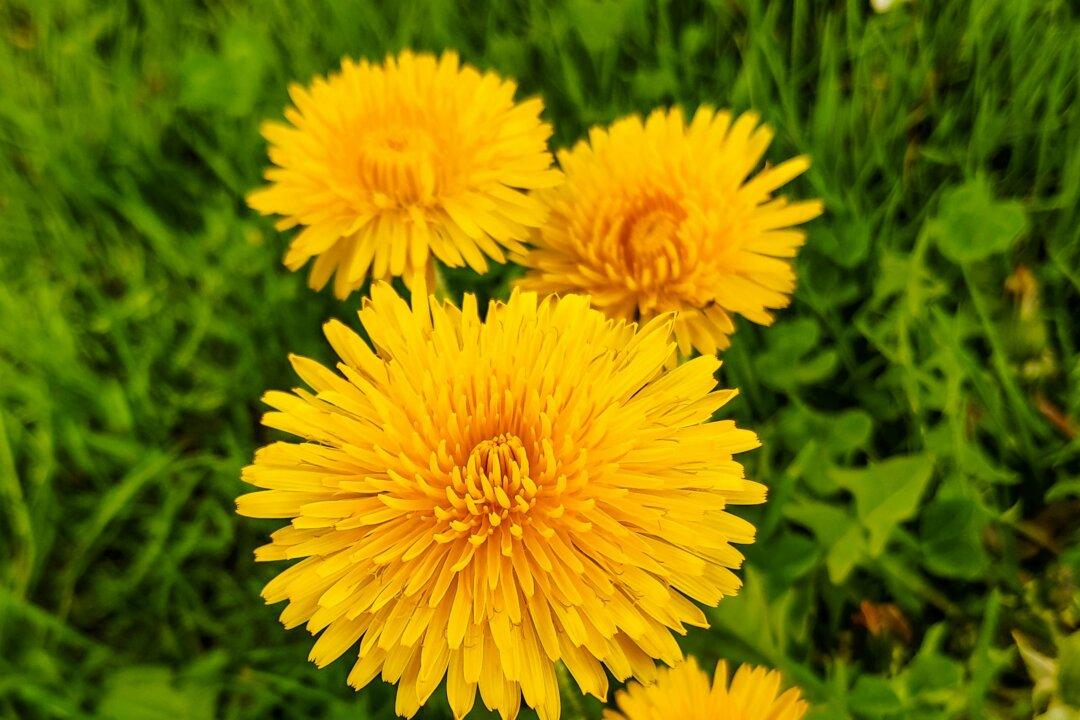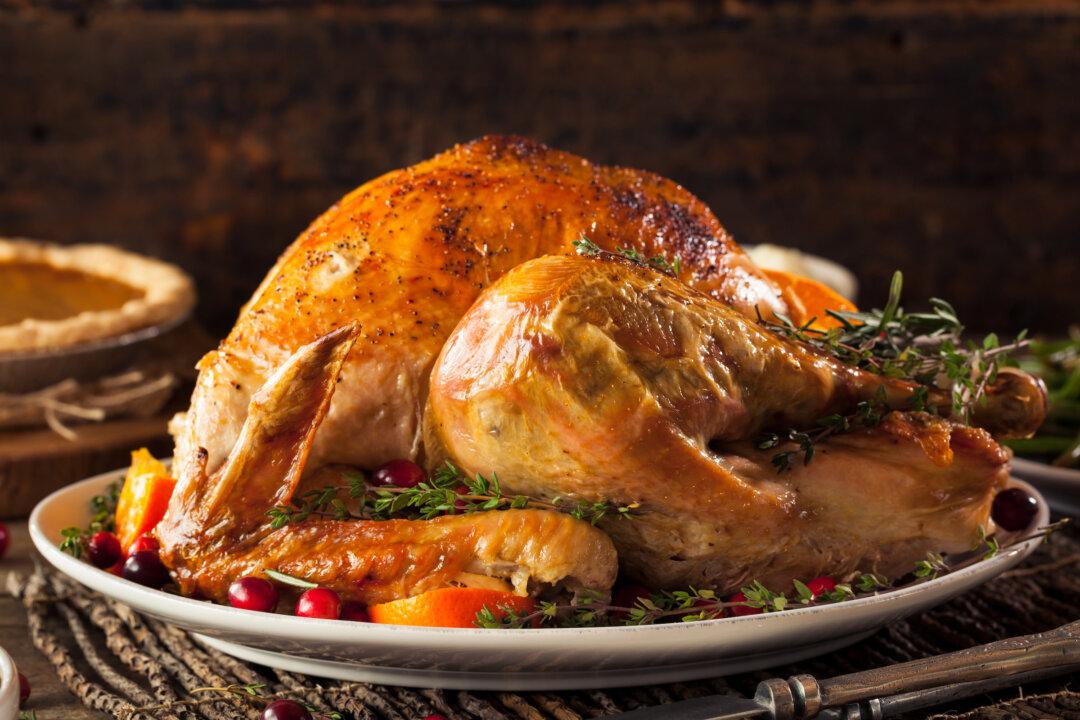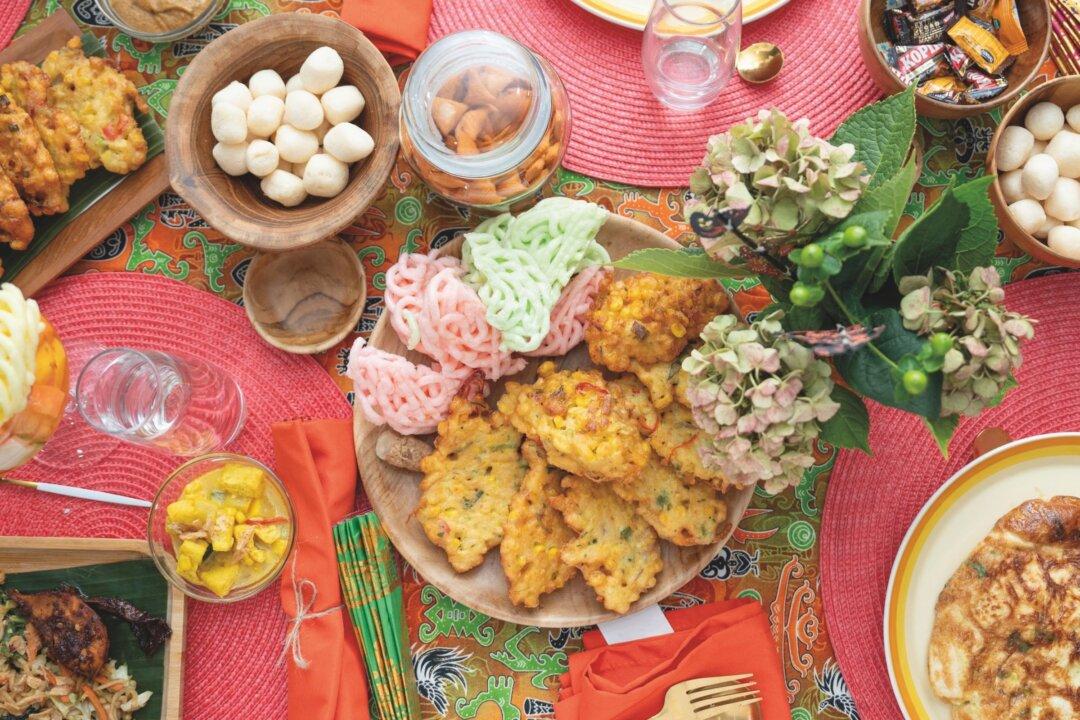When it came to Chinese cuisine—one rich, diverse, and steeped in 5,000 years of history—Canadian celebrity chef Christine Cushing knew that she knew nothing. That, according to Confucius, made her truly wise.
The ancient philosopher said: “I hear and I forget; I see and I remember; I do and I understand.” And so Cushing set off to understand.






